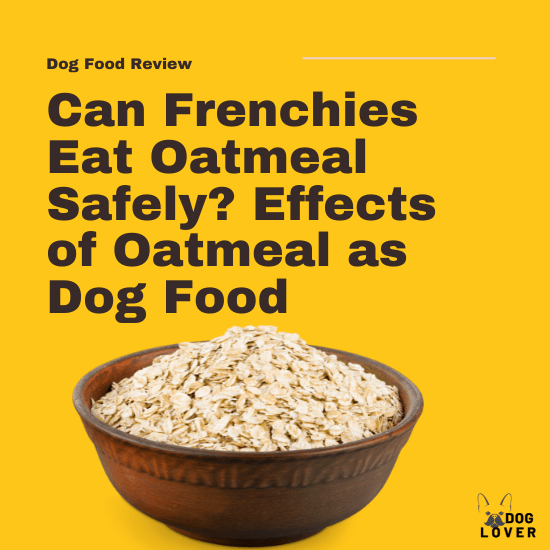No, dogs cannot safely eat white chocolate. While it is far less toxic than dark or milk chocolate, white chocolate still poses significant health risks for dogs.
White chocolate lacks the high theobromine levels found in other chocolates, meaning it’s unlikely to cause chocolate poisoning.
However, its high fat and sugar content can lead to gastrointestinal upset, pancreatitis, and long-term health issues.
Why is White Chocolate Harmful to Dogs?
The primary risks associated with white chocolate are:
- High Fat Content: Excessive fat can cause vomiting, diarrhea, and pancreatitis, which is a severe and potentially fatal inflammation of the pancreas.
- High Sugar Content: Regular sugar consumption can lead to weight gain, diabetes, and dental problems.
- Lactose Intolerance: Many dogs are lactose intolerant, and the milk solids in white chocolate can cause digestive upset.
How Much White Chocolate Can Dogs Eat?
Although white chocolate contains negligible amounts of theobromine (0.25 mg per ounce compared to 44 mg in milk chocolate), large quantities can still harm dogs due to fat and sugar. For instance:
- A 10-pound dog could theoretically eat 47 pounds of white chocolate before facing theobromine toxicity, but this amount is unrealistic and would likely cause fatal pancreatitis or other complications long before.
Veterinarians caution against making white chocolate a regular treat due to its poor nutritional value and potential health hazards.
Symptoms of White Chocolate Consumption in Dogs
If a dog consumes too much white chocolate, the following symptoms may occur:
- Vomiting
- Diarrhea
- Abdominal pain
- Lethargy
- Loss of appetite
In severe cases, dogs may develop pancreatitis, characterized by fever, intense abdominal pain, nausea, and breathing difficulties.
White Chocolate and Puppies or Senior Dogs
- Puppies: Even small amounts of white chocolate can upset a puppy’s delicate digestive system. Vomiting and diarrhea are common, and immediate veterinary attention is advised if symptoms persist.
- Senior Dogs: Older dogs are at higher risk due to reduced digestive efficiency and preexisting conditions. High fat and sugar intake can exacerbate their health issues, potentially causing life-threatening complications like pancreatitis.
Dog Breeds and Tolerance Levels
Larger breeds may tolerate small amounts of white chocolate better than smaller breeds.
For example, a Labrador may show no immediate effects from eating a piece of white chocolate, while the same amount could severely affect a Dachshund.
However, no breed should consume white chocolate regularly due to its unhealthy composition.
Potential Long-Term Health Issues
Frequent consumption of white chocolate can lead to:
- Obesity
- Diabetes
- Urinary Tract Infections
- Pancreatitis
These conditions are not directly caused by theobromine but by the high fat and sugar content of white chocolate.
Dog-Friendly Alternatives to White Chocolate
While some dog owners use white chocolate substitutes, such as yogurt chips, these alternatives also have drawbacks. Ingredients like hydrogenated oils, artificial flavors, and added sugar can be harmful. It’s better to opt for natural, dog-friendly treats like:
- Plain peanut butter (unsweetened, xylitol-free)
- Pumpkin puree
- Apples (seed-free)
Conclusion
While white chocolate is not as dangerous as dark or milk chocolate, it’s still unhealthy for dogs due to its high fat and sugar content.
Even in small amounts, it can cause vomiting, diarrhea, and long-term health problems like pancreatitis or obesity.
As a rule, avoid giving your dog white chocolate, and opt for safer, dog-friendly treats instead.


